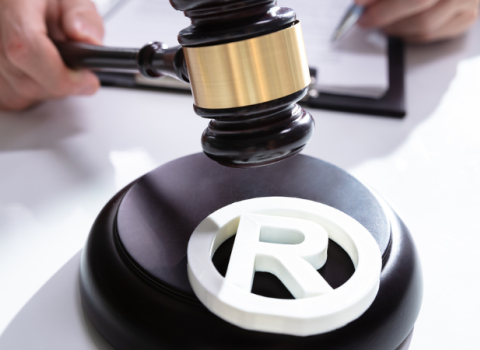A legal challenge brought by Spain against the Unitary Patent should be thrown out, a legal adviser to the EU's highest court recommended last week.
In a non-binding opinion, Advocate General Yves Bot called on the Court of Justice of the EU (CJEU) to reject Spain's bid to have a key regulation underpinning the new unitary patent framework annulled.
Spain has declined to participate in either the unitary patent or the Unitary Patent Court (UPC), disagreeing with the rule limiting the languages used in the system to French, German or English. In pursuit of this, Spain filed a couple of legal challenges in 2013 to halt the legislation, claiming the new system will only work if all member states sign off on the UPC.
However, Bot said the choice of languages, "Pursues a legitimate objective and is appropriate and proportionate.”
According to Bot, “The choice of languages acknowledges the linguistic realities of the patent sector: most scientific papers are published in German, English or French; and those languages are spoken in the member states from which most of the patent applications in the EU originate.”
Although it has no legal weight, Bot’s opinion is expected to be highly persuasive. According to Charles Larsen, a lawyer and partner with the law firm Ropes & Gray, “The fact that the opinion went beyond the specific questions and actually called for ratification by the member states, for the policy of unifying Europe, further reinforces that point – I wouldn’t expect the Advocate General to put forth that position if he didn’t believe the court was behind the policy.”
The CJEU has already begun deliberations and a decision is expected before the end of 2014 or early next year.
Harmonisation
The political will to create a harmonised patent system in the EU is strong. Most member states, together with the European Commission, have been working for decades towards a unified system.
The UPC is to be shared, with Paris, Munich and London having responsibility for different subject areas. The Court will give a single judgment that would apply across all European countries signed up to the system.
The headquarters of the UPC will be based in Paris, with Munich will dealing with applications relating to mechanical engineering, and the UK responsible for patents concerned with pharmaceuticals and chemistry.
Currently, inventions can be protected in Europe either by national patents, granted by national patent offices, or by European patents granted by the European Patent Office. The European Commission estimates that the cost of having a patent recognised in every EU country can be €36,000, with €23,000 of this accounted for by the requirement to translate a patent into the language of every country in which it is to be enforced. By comparison, a US patent costs €1,850.
Advocate General’s judgement here





 A unique international forum for public research organisations and companies to connect their external engagement with strategic interests around their R&D system.
A unique international forum for public research organisations and companies to connect their external engagement with strategic interests around their R&D system.